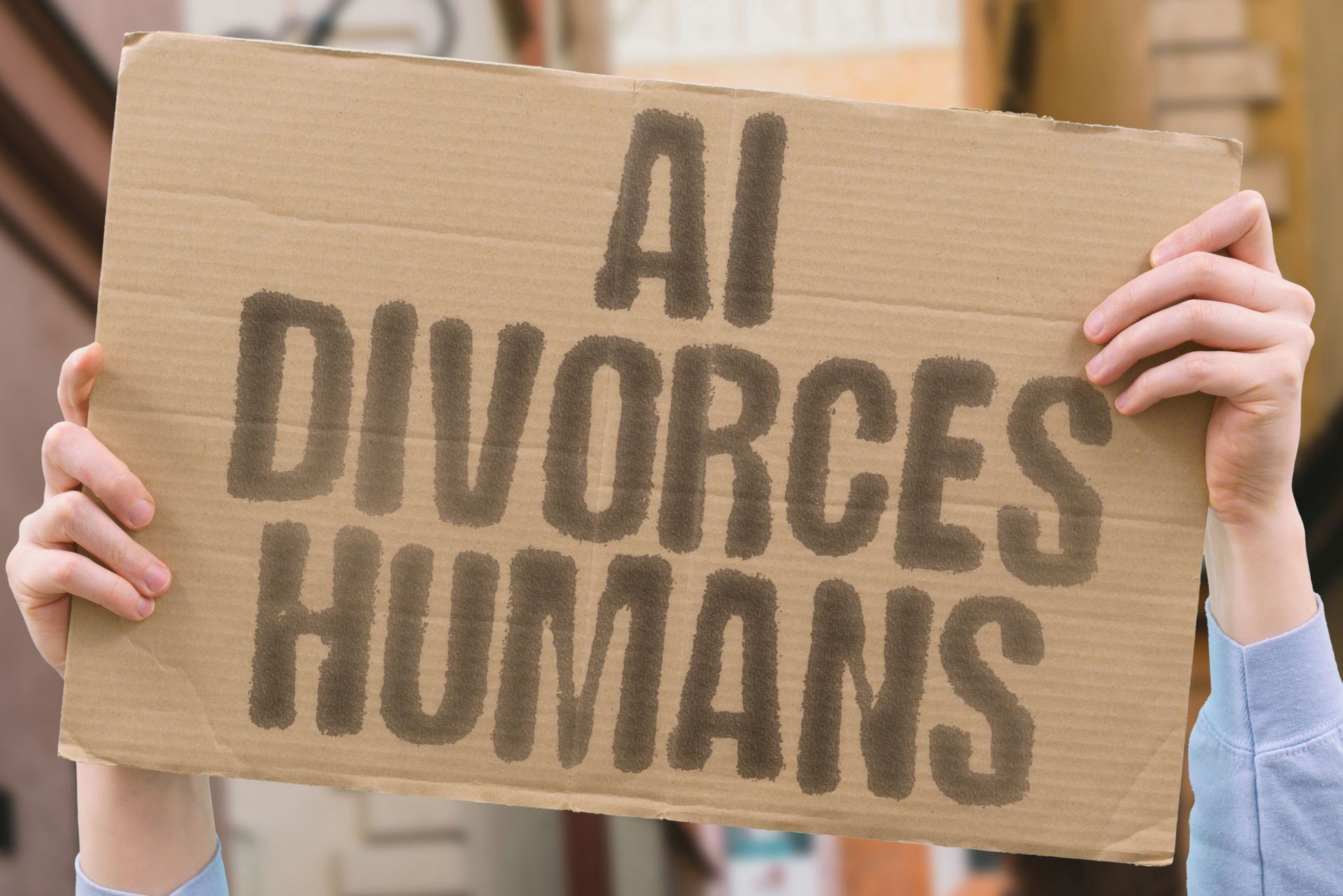Social Media Etiquette When Going Through Divorce
For many, the process of divorce is charged with emotions; fear, anger, resentment, and even relief in some cases.

Divorce in the modern era is, however, made all the more complicated because of social media. Many a celebrity divorce is played out on social media platforms for all to see. The acrimonious separation of Ioan Gruffudd and Alice Evans in 2020 resulted in a considerable amount of bitterness being aired on social media. In February 2022, Gruffudd filed a domestic violence restraining order against Evans, citing allegations she was trying to destroy his career with false statements and had threatened violence toward him. In this article, we will discuss social media etiquette for those going through a divorce and why it is so important to avoid the temptation to lash out on this type of public forum.
What role can social media play in divorce cases?
Content placed on social media platforms such as Facebook, Twitter, and Instagram during a relationship and after separation can play a role in divorce cases. While there is no longer a need to blame or provide evidence of the reason for legal separation in the era of no-fault divorce, comments, photos, or videos from during the relationship may still show the grounds for divorce. Such evidence may be significant when courts are asked to reach a decision in the form of a financial settlement or child arrangement order. Posts made after separation showing the existence of assets (e.g. cars, boats, paintings) that one party has denied the existence of and did not include in their financial disclosure ahead of a financial settlement may be used as evidence in legal proceedings.
Social media posts may also play a key role when it comes to child arrangement orders if one parent is shown to act in an irresponsible manner (e.g. taking drugs) or using coercive and/or controlling behaviour. Under the Children Act 1989, the courts may make an order to protect children where there is a pattern of coercive or controlling behaviour or other domestic abuse. Importantly, a child is considered a victim even if domestic abuse is targeted at parents or relatives or if they see or hear, or experience the effects of the abuse. As the 1989 act court procedure rules state, “Domestic abuse is harmful to children, and/or puts children at risk of harm, including where they are victims of domestic abuse, for example by witnessing one of their parents being violent or abusive to the other parent, or living in a home in which domestic abuse is perpetrated (even if the child is too young to be conscious of the behaviour)”.
Highly inflammatory remarks placed on social media may also lead to court injunctions, claims of defamation or libel if it can be shown reputational damage has been caused, and contempt of court, leading to a custodial sentence.
Social media etiquette following divorce
We recommend adopting the following social media etiquette following divorce:
- Avoid using social media to discuss the reasons for divorce or cast blame
- Consider the impact on you, your children, and your ex-partner when placing any content on social media
- Don’t accuse the other party, their family, or a new partner of wrongdoing on social media
- Don’t make derogatory remarks about your ex-partner or their new partner
- Don’t communicate with your ex-partner through social media
- Avoid the temptation to announce a new relationship
- Only allow new friends and permit connections with people you know and trust
- Avoid using social media platforms to seek support through divorce
- Avoid placing any photos, videos or other forms of content which may cause embarrassment or resentment
- Do not discuss any legal and/or court proceedings relating to the divorce, your children, or your finances on social media. This may lead to a breach of:
o Section 97 of The Children Act 1989 – right to privacy for children involved in legal proceedings
o Family Procedure Rules 12.73 and 12.75 – relating to the communication of information in children proceedings and contempt of court
- Ask other family members not to add comments, photos, videos or other content on social media which may cause harm
- Don’t be tempted to spy on your ex-partner – for example, if you have their passwords, do not log in to their accounts to see what they are doing
- Related to the above, it is advisable to change your social media passwords.
- Consider removing your ex-partner (or blocking them) on social media accounts – this will ensure that you are not faced with seeing their updates.
Final words
If possible, it may be prudent to avoid using social media altogether after divorce. While it may be tempting to seek support and update people on what is happening at this difficult time, there is always a risk that you may later regret any social media content you have posted, even seemingly innocent and innocuous comments. Where possible, seek support during your divorce from close friends and family outside of the social media space and organisations specialising in divorce counselling. Even if your ex-partner is behaving in a less than honourable way on social media, it is important to keep your counsel; as Michelle Obama once famously said, “when they go low, we go high”.
For a free consultation regarding any legal matter relating to divorce, please call our understanding and caring family law team on 0208 300 6666.














